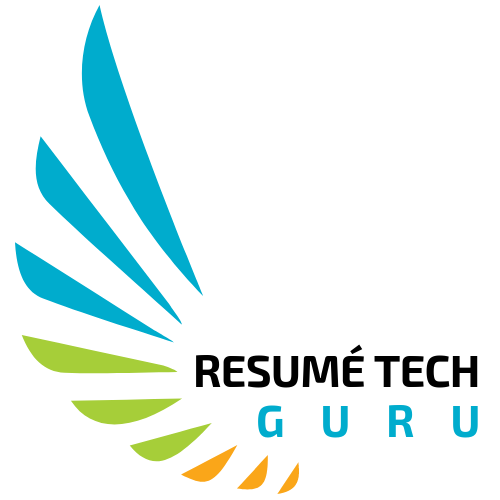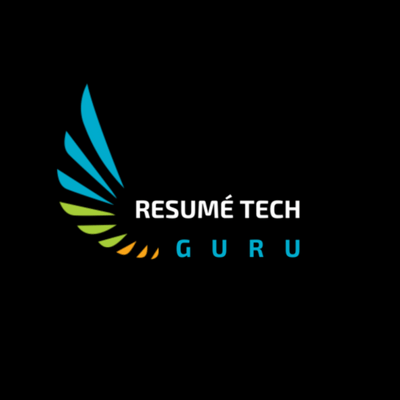In an MIT study of the S&P 500 entitled “The Value of Corporate Culture,” it uncovered 85% of these companies had a corporate culture section on their corporate web page related to principles and values for employee behavior. Many of these firms mentioned “innovation,” followed by “integrity” and “respect.” Here’s the fascinating part, the research failed to find any significant correlation between these values and short- and long-term performance. Further, “advertised values do not seem to be very important, possibly because it is easy to claim them, so everybody does.” Stunning, in my opinion, and not in a positive way.
According to HireVue: “Sixty-one percent of Americans who left their job as a result of having the wrong personality or soft skills blamed the hiring process for failing to identify this mismatch.” My perspective is contrary. Don’t blame the hiring process; arm yourself with the right information to find your corporate culture fit.
Toxic Work Environment
Have you ever worked at a company where you dreaded going into the office? I have in the private consulting sector as well as Fortune 500 environments. Culture may start at the top, but I found that my co-workers, employees, and managers could make the difference in turning a frown upside down. I co-owned a UX consulting business in my twenties and hired all my employees. I had to let employees go — kinder way to say “fire” — for non-performance, which was stressful for both sides. My mistake for hiring poorly, which meant my selection criteria was off, although so was that of my former employees. At my first corporate company position, my manager at Nortel Networks became my best friend. She had me in stitches plus whipped me into shape, so it was a joy going into the office. Then, I got promoted and worked for someone with a pith helmet in her office, and let’s say it wasn’t a match made in heaven. In sum, I’ve helped create unfavorable environments as well as endured them, allowing me to see both sides.
Corporate Personalities
I spoke with my live-in mentor about his views about corporate culture. My husband has worked as an engineering executive for three Fortune 100 companies with distinct personalities from military-based precision, Ivy league to the Wild West. Looking back, he wasn’t aged appropriately to appreciate the precision at GE. During his tenure at Corning, regardless of how smart you were, he observed that unless you had a Harvard, Princeton, or Yale degree, you hit a glass ceiling quickly. Nortel Networks, which is both our alma maters, embraced high risk in finance, leading to its demise and bad design, which led to equipment fires. While each corporate environment had pros and cons, my husband believes GE would have offered him the highest ascent. In contrast, Nortel offered the most significant monetary compensation. When it came to fun, at the time, Corning management believed in incorporating play into business trips such as going to Lake Tahoe to ski on your way to a technology conference in San Francisco.
Forbes Global 2000 – Corporate Values
With my predilection for research, I delved into the corporate values for the top ten tech companies on the 2019 Forbes Global 2000 list. For me, a focus on three things works best for aligning my strategies and tactics, so Cisco and IBM win on simplicity for corporate values, while Oracle is the most complex. Overall, 70% of the companies have selected “social responsibility” while half incorporated “innovation.” Surprisingly, only three called out precisely a customer orientation, although Cisco and Samsung mention “people,” which extrapolates to employees plus customers. All-in-all, lofty goals that sound fantastic.
Summary Values
- Social responsibility = 7
- Innovation = 5
- Inclusion & diversity = 4
- Integrity = 4
- Customer orientation = 3
- Collaboration = 2
- People = 2
- Privacy = 2
Values by Global 2000
- Alphabet: protecting users, expanding opportunity, including all voices, responding to crises, advancing sustainability
- Apple: accessibility, education, environment, inclusion & diversity, privacy, supplier responsibility
- Cisco: a culture of integrity – people, society, planet
- Facebook: focus on impact, move fast, be bold, be open, and build social value
- IBM: dedication to every client’s success, innovation that matters – for our company and the world, trust and personal responsibility in all relationships
- Intel: quality, risk-taking, an inclusive great place to work, discipline, customer orientation, results orientation
- Microsoft: innovation, diversity & inclusion, corporate social responsibility, AI, trustworthy computing
- Oracle: communication, compliance, customer satisfaction, ethics, fairness, innovation, integrity, mutual respect, quality, teamwork
- Samsung: people, excellence, change, integrity, co-prosperity
- Tencent: integrity, proactivity, collaboration, creation
Culture Clues?
As we learned, just because a company touts specific values doesn’t mean its reality. Perhaps aspirational might be the case when first determined. So, what’s the best way to find out about corporate culture? Below are seven considerations for your job search voyage.
- Web site: Every company I have researched has a mission, vision, and core values noted on their web site and within their annual report. Some back it up with facts and figures. Does their purpose resonate with your beliefs? If it does, it’s time to find out from people who work there if this is embraced. If not, it’s time to find a better cultural fit.
- Network: Do you know someone who has worked at the company? Set up an informational meeting and offer to buy them lunch or a beverage of their choice. Come posed with written questions about culture. What’s important is how values are perceived by employees, rather than how the firm advertises them. If your colleague does refer you, typically, there is a compensation bonus they can earn. Win-win if this is where you want to work.
- News media: A simple review of company news in business journals and newspapers can provide excellent clues about how companies prioritize employee satisfaction and customer requirements. In February 2020, the Seattle Times published an article on Amazon’s senior leadership team, highlighting changes in organizational structure and priorities. It’s a complex matrix of efforts underway.
- Interviews: So, you landed the interview; it’s an opportunity to validate if the corporate website PR about culture stands up. Ask a question such as “Why are you proud of this company?” or “Could you please describe your company culture in five words?”
- Executive profiles: Even if you don’t know who your future manager might be, I review the executive team bios and board of directors on their corporate web site for information regarding academics, gender, race, and career history. What do they like about working for the company? Does it look like an inclusive organization?
- Blogs & Twitter: As a writer drafting cover letters and introduction emails for my clients, I determine who their new potential manager is by perusing LinkedIn or the company’s web site. In turn, I see if this potential manager has a personal blog or Twitter, and I read their feed. Written from a private vs. corporate perspective allows you to uncover a potential manager’s priorities and pet peeves.
- Annual Reports: One way to determine an executive’s long-term belief in the company is by looking at their compensation structure. According to NY Times business writer David Gelles, “Even if an executive or founder does want to sell stock, they need to be careful about not timing any sales to create the impression that they have lost faith in the company, or were trading on nonpublic information.” How much equity do the executives have in the company, and have they recently cashed out? While at Sprint, when corporate stock purchases were allowed within our 401K, I recall the blackout periods for stock trades while I was under non-disclosure.
If you have any other ideas about determining cultural fit, I will enjoy hearing your perspective. Land your dream job. You deserve it!



